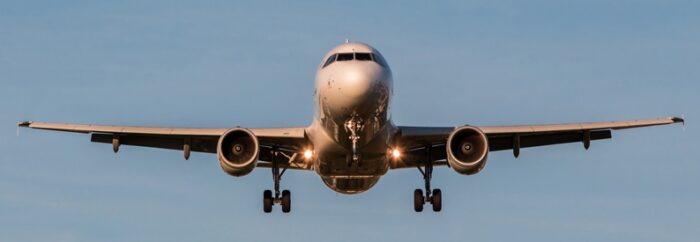FAA Proposes New Rule for P&W1100G Engine Inspections on US-Registered A320neo Aircraft

The Federal Aviation Administration (FAA) has unveiled a draft rule addressing maintenance requirements for Pratt & Whitney PW1100G engines, affecting approximately 430 US-registered Airbus A320neo aircraft. The draft rule, released on December 11, 2023, follows Pratt & Whitney’s earlier recall of specific engines, prompting the FAA to establish formal inspection guidelines.
The recall targets PW1100G engines manufactured between 2015 and 2020, used by A320neo operators. The estimated 1,200 engines affected will undergo inspection and parts replacement due to a rare condition in the powder metal used for certain engine parts, particularly high-pressure turbine discs. Microcracks associated with engine fatigue are being sought during inspections.
Pratt & Whitney has issued two service bulletins detailing the inspection requirements, which the FAA has utilized in formulating its draft rule. In response to the draft rule, Pratt & Whitney clarified that there is “no expansion in scope” of the inspection requirements.
The inspections will encompass high-pressure turbine stage one and two discs, with the service life of high-pressure compressor stage seven and eight integrated blade rotors being curtailed. The FAA’s draft rule additionally stipulates “accelerated replacement” for the engine’s front air seals, rear air seals, and blade retaining plates.
Pratt & Whitney is managing the inspection process based on Maintenance, Repair, and Overhaul (MRO) availability and engine life. Approximately 430 US-registered aircraft are scheduled for the upcoming checks, with 366 requiring new high-pressure turbine stage one and two disc hubs and 351 necessitating high-pressure turbine second stage hubs.
Beyond the US, the global impact of the engine recall is substantial, with multiple airlines, including Cebu Pacific Air, Air New Zealand, Volaris, and SKY Airline (Chile), making contingency plans and seeking compensation for aircraft temporarily grounded for engine inspections. Since August, approximately 140 engines have undergone inspection, with around 15% from US-registered airframes.
Interested parties can submit feedback on the draft rule until January 11, 2024. Once finalized, the rule will come into effect 35 days after its public announcement. Airlines and stakeholders are closely monitoring developments as the industry navigates the implications of these inspection requirements on A320neo operations.
